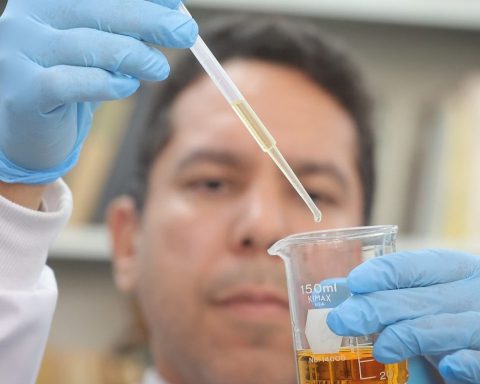Advances in the Senate reform that toughens penalties against attacks on women with acid
Victor Ballinas and Andrea Becerril
Newspaper La Jornada
Friday, August 26, 2022, p. eleven
In commissions, the reform that toughens the sanctions for attacks carried out with acid or other chemical or corrosive substances against women advanced in the Senate. The opinion that establishes a prison term of up to 13 years, which can be tripled in case the aggressor has a romantic relationship with the victim, was approved yesterday in the Legislative Studies Commission. Its president, Ana Lilia Rivera, commented that she hopes it will be one of the first to be approved in the ordinary period that begins next week.
It is about, detailed the senator from Morena, the opinion that reforms article 85 and adds article 297 bis of the Federal Penal Code, to counteract the culture of violence, misogyny and impunity, suffered by women attacked with acid or chemical substances.
Instead of creating a new crime, explained the legislator, what was done was to expand the scope of the criminal offense of injuries, so that it is included in the catalog of violations to which precautionary release will not be granted.
Rivera underlined: We are taking action in our parliamentary sphere, so that these criminal behaviors are punished and do not go unpunished.
.
Acid attacks, it is highlighted in the explanatory memorandum, seriously violate the dignity of women, constitute discriminatory, hateful and unhealthy behavior, among other unfortunate behaviors that should not be ignored by the Mexican State, especially when its policy is focused on expanding the human rights of women.
With the reform, it is proposed to impose seven to 13 years in prison and a fine of 300 to 700 times the daily value of the unit of measurement and updating (UMA), to whoever, by himself or by order, causes injury to another, through of any type of agent or substance.
Whether it is corrosive, caustic, irritant, toxic or flammable, alkalis, acids and similar substances, including those that need another agent to react, causing incurable damage or disease; complete disablement or loss of a limb or organ; when any organic function is impaired or any disability or uncorrectable deformity is generated in the skin.
This punishment will increase by two thirds when there has existed between the aggressor and the victim a relationship of kinship, sentimental, affective, work or trust.
Health personnel must notify the Public Ministry of all cases of injuries caused by chemical agents that they receive for medical attention, and the latter, in turn, will have the obligation to guarantee the repair of the integral damage.
Senator Rivera referred to the case of María Elena Ríos, the Oaxacan saxophonist who was attacked with sulfuric acid by her former partner and whose arrest occurred six months after the attack.
















